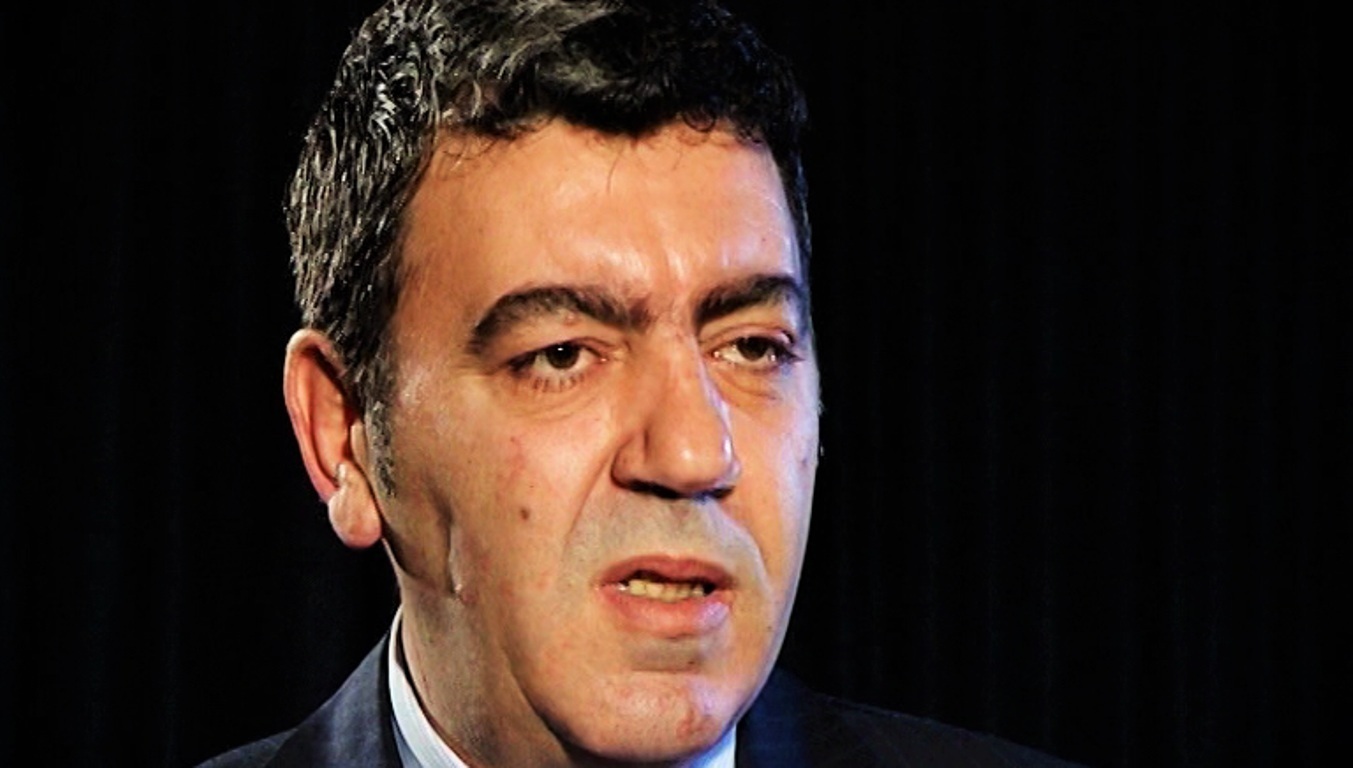
By Plator Nesturi
The murder of the Serb leader Ivanovic in Northern Mitrovica, showed how fragile is peace and normality in a region where the wounds of the war are still fresh. While in the past few years, the efforts made by the international community, especially the EU, to calm the situation in the region, has stimulated cooperation between countries, a murder or an incident has shown that it is capable of provoking unpredictable developments. This has been felt immediately in Kosovo, because after Ivanov’s murder, there’s a fear that there may be a rise in ethnic conflicts, which are not at all difficult to be provoked. In both Albanian and Kosovar media, this topic has been the focus of numerous analyses and the concern being raised could be summed up with one question: where are we in a situation which could get out of control? And this doesn’t only relate to what the murder taken place in Mitrovica can bring, because the murder itself may lead to nothing, but it did bring a warning as to the position that we would find ourselves in in another situation which could further lead to unexpected situations.
The analyses that were made following this event, showed quite a simplistic approach, whereby, we, Albanians have strong ties with the USA, while the Serbs have strong ties with Russia and based on this, our friendship to the largest super power in the world protects us from anything that may come from the Serbs. Besides this, we’re favored by the fact that we’re a NATO member, while the northern neighbor is not. Nevertheless, we should not only assess our position in relation to our western allies, but also to the countries of the region.
The EU has always served as a centrifuge in normalizing situation in this region through plans to enlarge itself with the Balkan countries. As far as integration is concerned, Albania is last, as it’s overcome by Serbia and Montenegro. We should blame ourselves for this, because we’re a state which doesn’t function in the European spirit. If we continue our analysis, with the USA as the biggest supporter of Albania, it must be said that this moment comes after a serious mistake in terms of foreign policy. In the voting of the UN resolution, Albania aligned itself among those countries which condemned the USA on the issue of Jerusalem. Combined with numerous problems between the EU and USA following Trump’s election, we can say that we’re peripheral to be treated as a priority in a problem that affects us. Even more so when the frictions that exist between the US and EU could also have an impact in the NATO. In view of such situation, we’re mistaken in our calculations.
So far, we’ve been convinced that we have our big brother who will take care of our neighbors if they decide to harass us. This has made us forget to grow up and learn how to walk on our two feet. Even more so in such a difficult region like the Balkans and by ignoring everything.
In its foreign policy, Albania has always played the card of being a determining factor in the region. But it has only done this in terms of the number of Albanians living in different Balkan countries and not in terms of the strength that it can generate. The country has not had a visionary foreign policy with well defined strategies, but it has always operated based on the events that occur, by not anticipating them.
If we take a look at our neighbors, their foreign policies do not only rely on their big friends, but they also rely on their strength and the agreements that they have made with each other within the Balkans. Serbia, which has declared itself neutral in foreign policy, has allowed itself to enter relations with all the countries that interest it, such as Russia or China and also with other countries. This neutrality has not prevented it from increasing its armament and this has also been done by other Balkan countries. Last year, Serbia entered a partnership with an organization which also included five other Balkan countries. Bulgaria, Romania, Greece, Poland and Serbia have decided to boost economic cooperation and also military cooperation, with the aim of protecting their interests. This is the reason why the prime ministers of these countries have held two meetings so far.
Albania has merely observed, but has it ever been able to note anything down from everything happening around it? Do we really know how much we’re worth in a region where politics and interests are being combined, where agreements are done and undone depending on the dynamics of events and where historically, the weaker one has always suffered the consequences?
Note: The views expressed in this article are the author's own and do not necessarily reflect Albanian Free Press’ editorial policy




 ALB
ALB
 ENG
ENG
